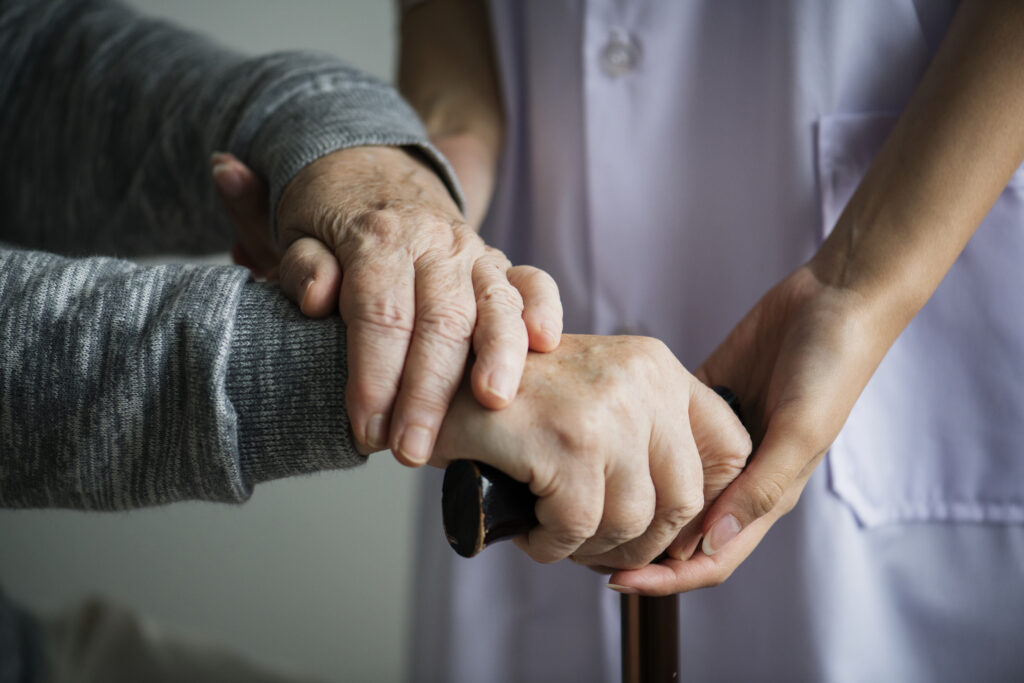
Mental health is a key aspect of well-being, yet often overlooked in seniors. As the population ages, there is a growing need to pay attention to the mental health issues that older persons, particularly despair and anxiety, confront. Seniors who suffer from these illnesses may find it extremely difficult to maintain their general well-being, relationships, and physical health. Improving results depends heavily on early identification and intervention.
Understanding Depression and Anxiety in Seniors
Depression and anxiety are common in older adults but are not a normal part of aging. Depression is characterized by enduring sadness, hopelessness, and disinterest in activities. The hallmarks of anxiety are excessive fear and worry. Seniors with these disorders can be more difficult to diagnose because they might present in a variety of ways and are frequently confused with physical illnesses.
Retirement, losing loved ones, deteriorating health, and social isolation are a few examples of life transitions that can exacerbate sadness and anxiety in later life. These are physical conditions that need to be attended to, not just emotional reactions.
Signs and Symptoms
Senior depression and anxiety symptoms can differ from those of younger persons or be misinterpreted for physical illness or aging, making diagnosis challenging. Senior depression symptoms often include the following:
– Persistent melancholy or hopelessness
– Loss of interest in activities
– Weakness or lack of energy
– Modifications in sleep habits
– Changes in appetite or weight
– Trouble focusing
– Physical symptoms such as unexplained aches or pains
Symptoms of anxiety can include:
– Overly concerned thoughts
– Agitation or restlessness
– Having difficulty falling asleep
– Physiological signs such as headaches or elevated heart rate
– Withdrawing from society
Seniors often suffer from both illnesses, which can drastically lower their quality of life.
Consequences of Untreated Mental Health Issues
Seniors who experience sadness and anxiety may suffer major consequences if they are not identified or addressed. Chronic conditions including heart disease, cognitive decline, or a higher chance of dementia can result from untreated depression. It might also be a factor in increased death rates.
Prolonged anxiety can worsen health issues, cause social isolation, and decrease physical activity. Early management is necessary because untreated depression and anxiety both raise the risk of suicide in older persons.
Barriers to Mental Health Care for Seniors
Seniors’ underdiagnosis and lack of treatment for mental health disorders are caused by a number of reasons. One obstacle is the false belief that anxiety and despair are typical aging processes. This misconception may make it difficult for seniors and medical professionals to acknowledge certain illnesses as treatable.
Another factor is the stigma associated with mental health, particularly for older adults who were raised at a time when mental illness was taboo. Because they think mental health care is unneeded or fear criticism, they could be reluctant to ask for help.
Furthermore, physical manifestations of anxiety and depression in older persons are frequently misdiagnosed as illnesses. For instance, aging may be linked to physical symptoms rather than mental health, such as weariness, changes in appetite, or sleep difficulties.
Finally, access to mental health care can be limited due to financial limitations, transportation challenges, and a shortage of mental health professionals in certain areas.
Addressing Depression and Anxiety in Seniors
It’s critical to raise awareness of anxiety and despair in older adults. Seniors are encouraged to seek aid by family members, caretakers, and healthcare professionals who are skilled in identifying signs. Regular medical check-ups that include mental health exams can aid in early detection.
Typically, therapy, medication, and lifestyle modifications are used in combination for treatment. Seniors who receive cognitive-behavioral therapy (CBT) find that it helps them manage symptoms by teaching coping mechanisms and changing their negative thinking patterns. Antidepressants and anxiety pills, for example, can also be helpful, but they must be taken cautiously to prevent conflicts with other medications.
Modest lifestyle adjustments such as consistent exercise, social interaction, and mindfulness training can also greatly enhance mental well-being. Reducing isolation and enhancing mental health in seniors requires encouraging them to be socially engaged, participating in community activities, and active.
Supporting Seniors’ Mental Health
Seniors can receive assistance from family and caregivers by fostering an open dialogue about mental health. Reducing stigma and promoting treatment can be achieved by providing useful assistance, such as help with daily duties or transportation to appointments, and by normalizing the use of therapy or medication.
Conclusion
Mental health awareness in seniors is vital for ensuring they live fulfilling, healthy lives. Early detection is essential for treating common but treatable illnesses like anxiety and depression. We can assist elders in maintaining their mental health and enhancing their quality of life by raising awareness, removing obstacles to treatment, and offering support.
















change your destiny
I am extremely inspired together with your writing skills and also with the format in your weblog. Is that this a paid subject or did you modify it your self? Either way keep up the nice quality writing, it is uncommon to look a great weblog like this one nowadays!